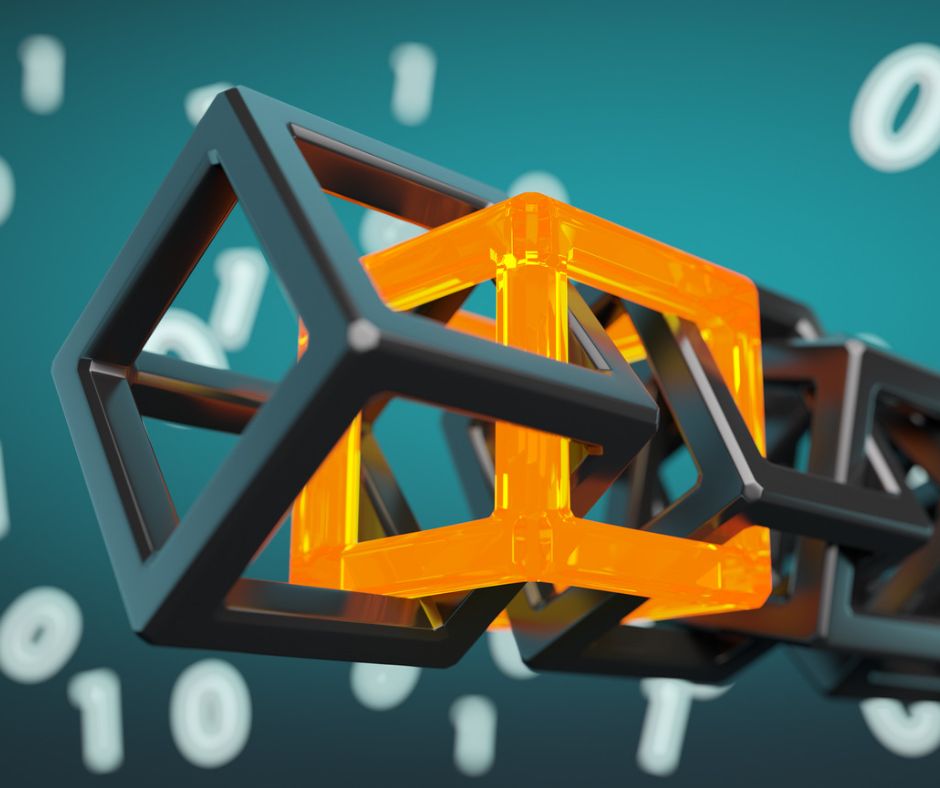gives owners, licensees and potential buyers the opportunity to access software even if the actual provider is no longer available. Since the software itself cannot be protected by the patent, but only its function - such as 'transferring information' or 'controlling a device' - as part of a larger complex of features, the parties who act with property rights must also be sure that the software associated with the subject matter of the invention is secured.
Having only the theoretical possibility of using the subject matter of the invention without actually being able to do so in practice should be of no interest to most companies, since patents or industrial property rights are generally only acquired if there is a suitable interest in the implementation of the protected object.
Software escrow services are primarily of interest to two groups of companies. Some are those who have obtained patents with software-supported features and now want to sell them or market them in the form of a license, as well as the licensees or buyers of these same patents. The second group concerns companies that use third-party software in their own inventions and base their operations on them. I would like to describe these two groups of companies in more detail using two examples.
B. Example 1: patent transfer in the software industry
A software company A has developed software for a device. The device is known and freely available on the market. If it is operated with A's software, its efficiency can be increased, for example by using less electricity with the same range of functions. A received a patent on his development for this technical effect.
However, A only employs software developers who are not familiar with either the production or the sale of the devices. A is therefore not interested in selling the devices themselves, but only wants to offer the software for them.
Electronics manufacturer B sells equipment that can benefit from software company A's software. B therefore has an interest in buying A's patent. A's software is not part of the patent. The claims only protect the process that the software performs in the devices. B also wants A's developers to update and optimize the software regularly. A and the electronics manufacturer B therefore agree on a long-term cooperation.
However, the patent is worthless to B without the appropriate software, which poses a business risk. Should A go bankrupt, be bought by competitors, or otherwise be unable to provide the software, this would be a problem for B. To eliminate the risk of B losing the software, A and B agree to store the code with a software - Escrow service providers to deposit and update regularly.
In this case, an escrow service provider would not only ensure the availability of the software, but also indirectly the value of the patent for the patent buyer.
C. Example 2: Software support as a basis for inventions
In the second example we consider a company A that manufactures machines. Standard components are installed in the machines. However, A uses software from software manufacturer B in its machines, with which the machines can be continuously further developed. The machines are being further developed in such a way that they can solve their tasks more efficiently or take on more complex tasks. Company A is granted one or even several patents for increasing the efficiency of the machines.
In contrast to example 1, the software manufacturer has not received a patent that is to be sold. Rather, the software forms the basis for someone else's developments.
A now fears that B may end support for the software and the software will no longer be available for B's machines. This would mean that the patents for one's own inventions would lose value, since the protected machines or the processes for operating them cannot be used without the software.
To eliminate this risk, A and B agree that B will hand over his software to an escrow agent and deposit it there. In this way, A can be sure that his inventions will continue to be sold even after the end of the cooperation with B.
IV. Conclusion
The subject of 'patents' could of course only be touched upon here. But every company that deals with research and development cannot avoid industrial property rights. It should also be noted that software is accessible to the patent system if certain requirements are met. In any case, the statement that software is fundamentally not patentable is not correct.
The trend of offering software as a service will not decrease in the next few years, but rather increase. This also applies, or much more, primarily to software in the B2B area, so that entire sectors of the economy can be dependent on one software provider.
Where software is used as part of patent-protected objects and processes and the user is dependent on this same software, software escrow can be used to reduce economic risks arising from the dependence of the invention on the software.
Information on patent attorney Matthias Winter
